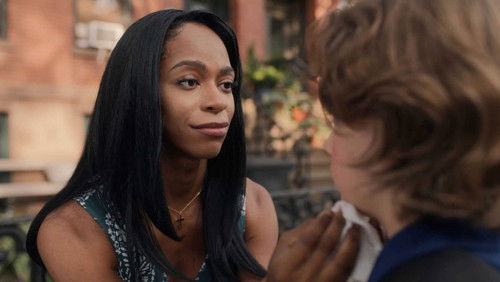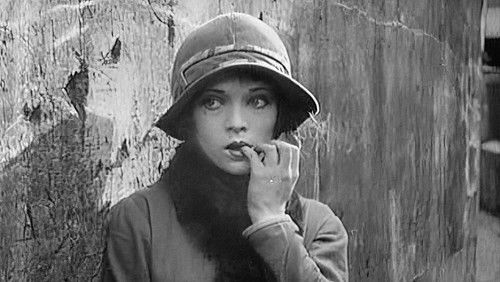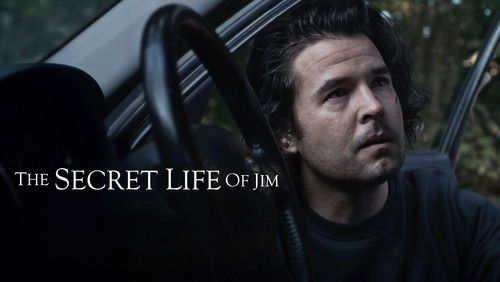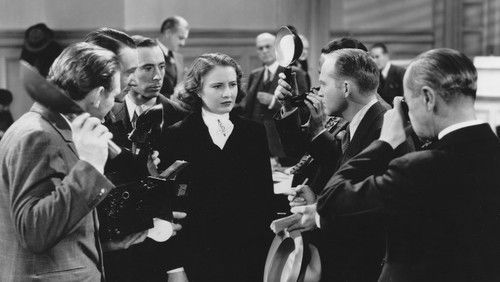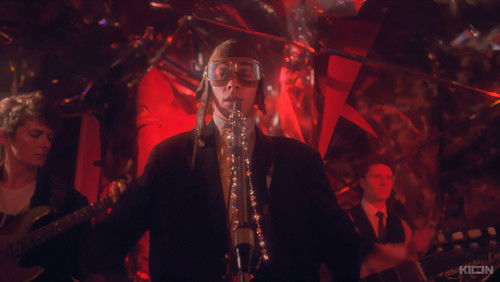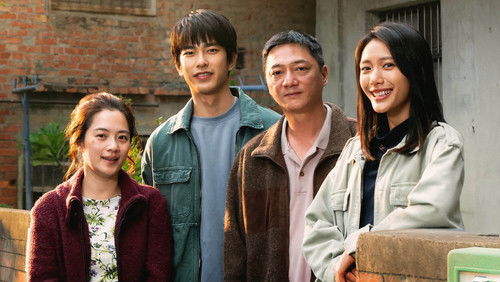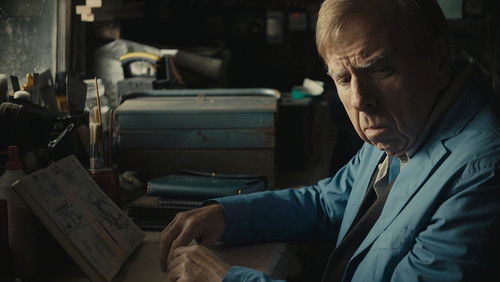Saaz (1997)
6KSaaz: Directed by Sai Paranjape. With Shabana Azmi, Aruna Irani, Zakir Hussain, Ayesha Dharker. Mansi and Bansi come to Mumbai after the death of their parents. All they have as a legacy is a love for music instilled in them by their father Vrindavan, and their divine voices. After their initial struggle, Mansi finds her way into the film industry with music director Indraneel as her mentor. Mansi keeps Bansi’s talent under wraps and gets her married to an unsuitable man. Her argument is that both should cherish their father’s memory – Bansi by bearing children to carry on the family name and Mansi by keeping his music alive. When Indraneel picks Bansi as his new protégé, Mansi breaks off with him. The sisters become bitter rivals. After her divorce, Bansi fights to keep her place in the sun against crippling odds. A dynamic young music director Himen Desai, is obsessed with Bansi and she finally succumbs to his charm and persuasion. The film tells the story of a brave woman’s battle to come to terms with her life, she does not give up even when she loses her voice. A renowned psychiatrist Dr Samarth comes into her life. Does she find fulfillment this time? Does she find her voice?
“Saaz is for the most part a wonderful film – simple, real and interesting. Sai Paranjape is a master of her craft – the film is excellent in writing, direction, acting and execution. The film relates the story of two loving sisters, Mansi and Bansi, the daughters of a village singer who is no more. Since childhood, both have had dreams of pursuing a career in music. But as they grow up, things change. Mansi, as the elder sister who is a lot like a mother to Bansi, in a sense has always felt threatened by Bansiu0026#39;s singing ability, and she gets her married to a man who turns out to be alcoholic and abusive. Her claim is that both should cherish their fatheru0026#39;s memory – Bansi by carrying on their family name, and Mansi — by singing. Somehere between the lines the reader may get the impression that Mansi is one monster of a woman, but itu0026#39;s totally incorrect. She loves her sister and is of course loved and respected in return, but her ambition to make it to the top of the music world is stronger. The story follows their relationship, professional rivalry as Bansi becomes a singer as well, and towards the end centres more around Bansiu0026#39;s relationship with her daughter Kuhu, who also becomes a singer, and her affair with a young music director with whom her daughter also falls in love.u003cbr/u003eu003cbr/u003eSet in the musical backdrop of Hindi cinemau0026#39;s playback singing world, Saaz may seem to be based on the lives and careers of two musical legends, Lata Mangeshkar and Asha Bhosle, two of the greatest and most prolific singers in the world. That makes the film much more fascinating, and Paranjape might really have taken some inspiration from their life for the basic idea of the plot, but thatu0026#39;s as far as it goes. There is not more than just a rivalry between two sisters, which could be portrayed in any film between any kind of sisters who work in the same profession. Moreover, the film actually centres more on the life and tribulations of the younger sister, Bansi. Technically the film is brilliant. The sets, the dialogues, the costumes and the characters are very simple as they should be in a family drama of this sort, and they successfully give the film a sense of everyday realism. The cinematography is fantastic. But how can a movie with music in its soul succeed without good music? The music in this film is stupendous. u0026quot;Kya Tumne Hai Kahau0026quot;, u0026quot;Raat Dhalne Lagiu0026quot;, u0026quot;Nindiya Hai Sapna Haiu0026quot;, u0026quot;Baadal Ghumad Badh Aayeu0026quot; are all wonderful songs, but I particularly liked the on-screen presentation of u0026quot;Room Jhoomu0026quot;, which perfectly epitomises the rivalry between the sisters.u003cbr/u003eu003cbr/u003eThe loving relationship between Mansi and Bansi is one of the best-portrayed sibling relationships that I have seen in a Hindi film. Every interaction, conversation, hug, kiss, argument is so aptly and genuinely displayed on-screen that they really seem to be sisters in real life. They deeply care for each other, they would actually give their life for each other if necessary, yet their desire to leave a greater mark as singers, their most fundamental identity, defeats them. Thatu0026#39;s what makes this film so real and moving. And what makes this relationship even more convincing is without a doubt the rapport between Aruna Irani and Shabana Azmi and their authentic performances. The film belongs to Shabana as she is the main protagonist, and she unsurprisingly shines. But I was more interested to see Aruna Irani. An actress who has often been given not more than typical mother roles those years (with the exception of Beta, 1992), here, given a great role of substance, she excels with her natural acting. Additionally, one must note that many actors and actresses can learn from Azmi and Irani how to lip-sync convincingly. They look as if they were performing the songs themselves.u003cbr/u003eu003cbr/u003eApart from the songs, I liked many moments in Saaz, my favourite being the scene in which the sisters reunite for the first time after not talking to each other for ten long years. The subsequent song number and scenes were very moving. That was according to me the perfect timing to bring the film to its end, but unfortunately it did not happen. That brings me to the next point: Saaz was not uniformly great and had its share of flaws. I did not like the turn the movie took with a new rivalry restarting (now between Bansi and her daughter), and the filmu0026#39;s last 40 minutes (post an incident of which you will know when you see the movie) could have been easily avoided. I also disliked the many romantic relationships Bansi was given. These were according to me unnecessary sub-plots in a film which was far more interesting as a portrayal of the complex relationship between two sisters. Bansiu0026#39;s affair with the young musician Himen Desai particularly annoyed me, as did his stupid character which made me wonder how both a mother and her daughter could fall for. Anyway, the film does repair in the final scenes and we get a nice ending. Saaz is definitely a good film. I would change some things in it, but itu0026#39;s still a worthy picture.”
